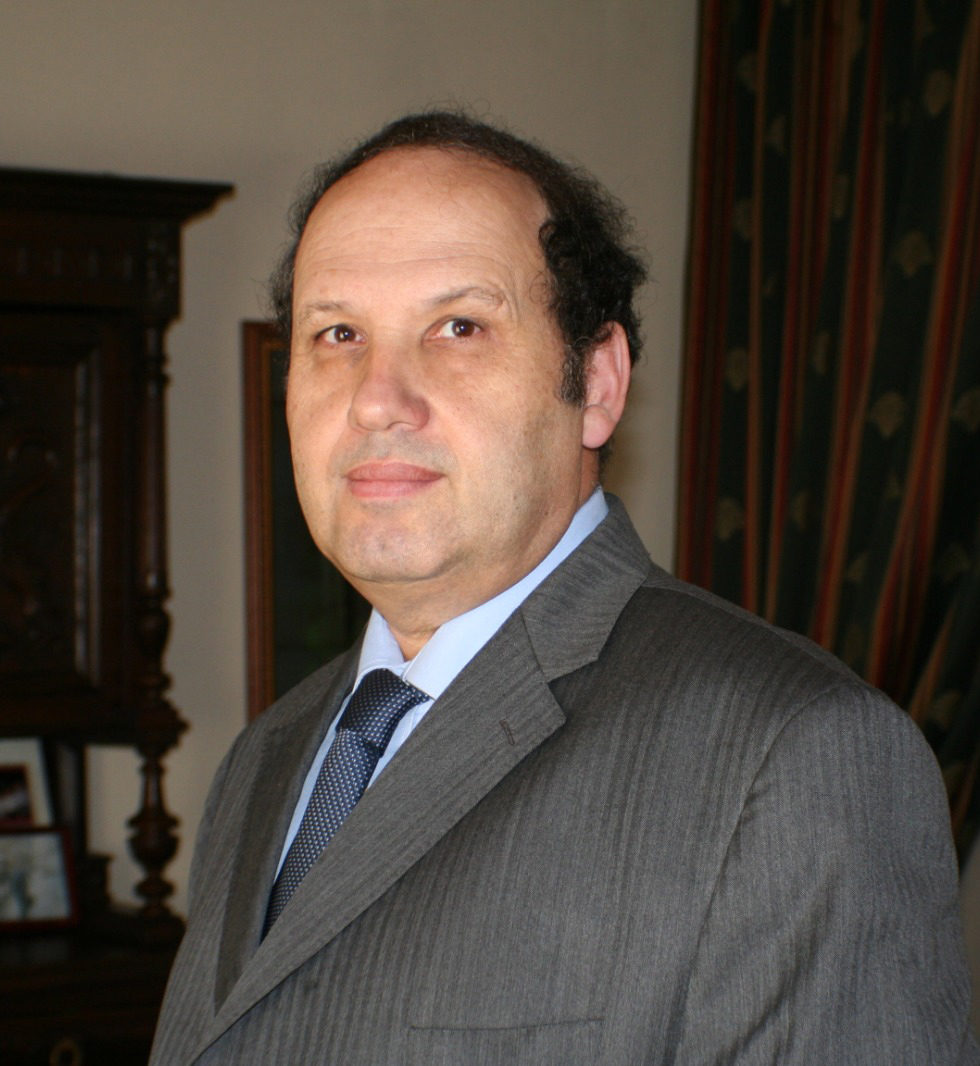Grey clouds overshadow our financial services sector amid challenges coming out of the Financial Action Task Force (FATF) which met in Paris this week to decide on a final recommendation over whether or not Malta should be put on a list of untrustworthy financial jurisdictions.
Malta previously passed the test in April after Moneyval initially gave the country a failing grade in 2019. Readers may be relieved to know that there has never been an EU member state on this list before and a potential FATF grey list does not imply any specific sanctions.
Obviously, it does serve as a warning to the international community that the country is not doing enough to stop major financial crime and, therefore cannot be trusted.
It remains to be seen whether, by the end of the month, we retain our epaulettes. Be that as it may, one is relieved to note that steady progress is being registered on other fronts, such as last week’s agreement with the Malta Digital Innovation Authority (MDIA) to sponsor masters and PhD courses in Artificial Intelligence for ten applicants. This augurs well to upgrade our technology prowess in the digital sector.
Few will notice how smart technology is being transferred inwards following efforts made by the Government to attract new industries in diversified areas such as aviation, oil rig repairs, pharmaceuticals and high-security currency printing. It appears that, as if by stealth, our manufacturing strength is seeing a revival and this is complimentary to our economic growth.
Fitch’s positive rating is encouraging yet it warns us about ongoing labour shortages that are likely to put pressure on wages. Be that as it may, we are improving our productivity due to an active Malta Development Bank as it continues supporting credit expansion in industry. What can be the cause of this turnaround? Many in the past discounted the importance of manufacturing due to the gradual rise in wages and the relative lack of research and development hosted locally.
Perhaps the efforts by the Government to recognise the importance of getting MCAST and university to work closely with industry is slowly yielding results. MCAST has reached a high standard in teaching technical subjects and proudly reported close to one thousand graduated in one of its many diplomas and degrees. It has recently revived apprentice’s schemes in various technical areas and is also making steady progress in vocational courses as a catch-all for early school leavers.
Still, we clamour for a higher cohort of trained workers with skills involving science, engineering and maths (STEM) as facts show that we have not yet achieved our targets in higher technical education. It is true that we continue to invest millions in education from kindergarten to tertiary levels yet we still have some way to go to solve the skill mismatch in particular sectors (such as iGaming and Life Sciences).
Indeed, other factors play a big role in the manufacturing industry and one acknowledges the advantages of a paradigm shift in a Malta Enterprise policy to provide custom-built factories. Previously manufacturing suffered as potential investment had to wait due to lack of ready-to-use factories. The recent building of custom-made factories for the extension of Playmobil, Lufthansa Technic and Crane Currency and a projected €450 million in new-builds speak volumes on this aspect.
It goes without saying that our geographical mass limits us where large-scale manufacturing is concerned yet with the use of robots and specialised machinery factories are coming smaller in size and yet, are more capital intensive. Can we rest on our laurels that the manufacturing sector is turning the corner? Certainly not- we require a quiet revolution in learning new skills through a different mindset -one focused on innovation, research and development.
PKF Malta is a fast-growing, progressive firm specialising in audit & assurance, tax, advisory services, and internal audit insurance. We provide services to a wide array of clients in a variety of sectors. PKF Malta has always enjoyed an excellent reputation, stemming from its dedication, professionalism, and enthusiasm to serve its clients. Our firm provides a dedicated team of experts holding ample experience to deliver high-quality solutions bespoke to our client’s goals.
Devising an Equity Market Development Programme
The equity market suffers from chronically thin trading volumes especially in the aftermath of the pandemic
Funding national projects
How can capital markets be used to diversify the funding sources of long-term national development projects
Malta’s earnings season
The importance of enhanced transparency, shareholder developments at HSBC Bank Malta, and broader capital market reforms






